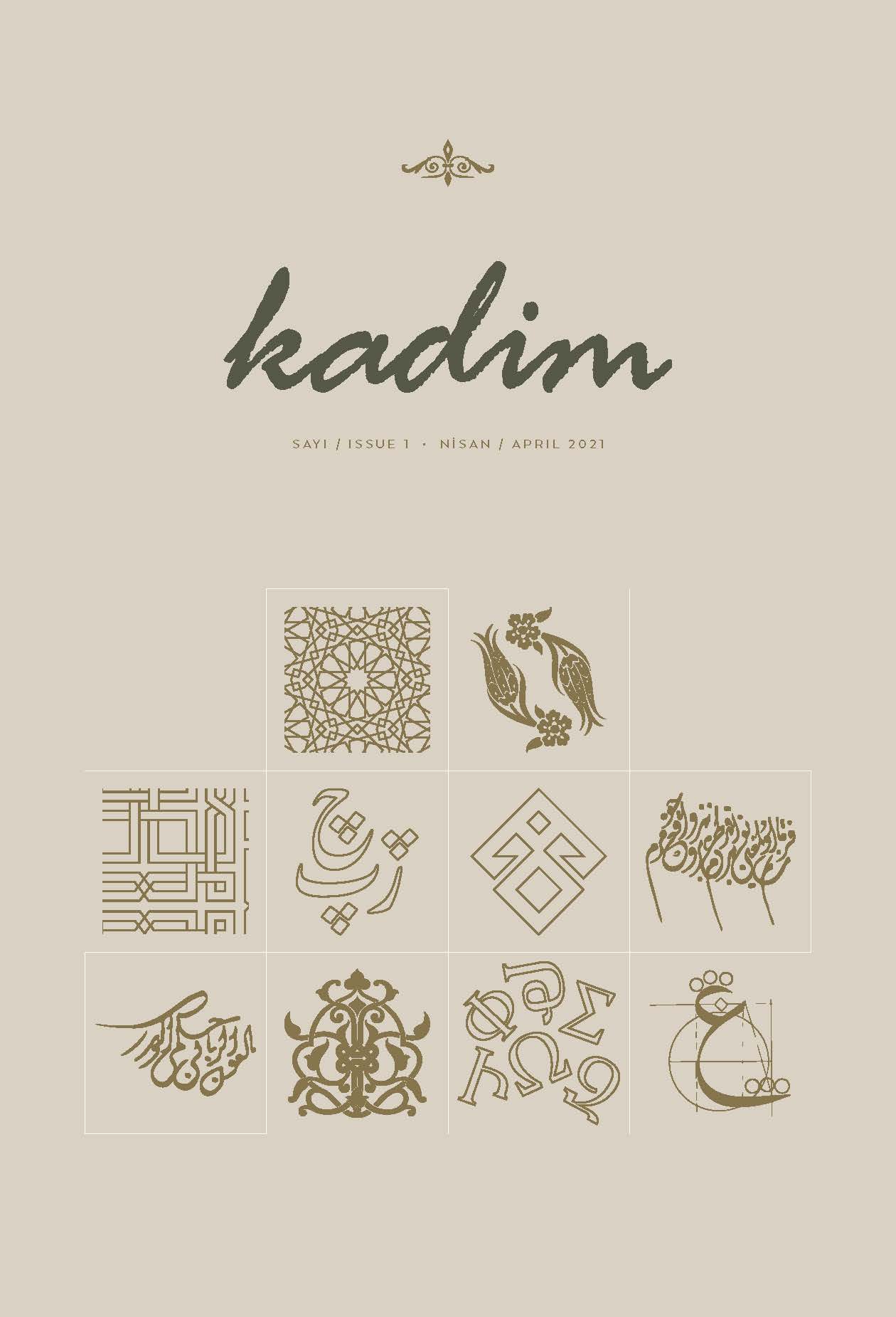Ergene, Boğaç A. Defining Corruption in the Ottoman Empire: Morality, Legality, and Abuse of Power in Premodern Governance. Oxford: Oxford University Press, 2024. 320 Sayfa
Yolsuzluk, Ahlak, İslam Hukuku, Hukuk Gelenekleri, Yönetim
Ergene, Boğaç A. Defining Corruption in the Ottoman Empire: Morality, Legality, and Abuse of Power in Premodern Governance. Oxford: Oxford University Press, 2024. 320 Pages
Corruption, Morality, Islamic Jurisprudence, Legal Traditions, Governance,
___
- Kiser, Edgar – Tong, Xiaoxi. “Determinants of the Amount and Type of Corruption in State Fiscal Bureaucracies: An Analysis of Late Imperial China”. Comparative Political Studies 25/3 (1992), 300–331.
- Ashforth, Blake E. – Anand, Vikas. “The Normalization of Corruption in Organizations”. Research in Organizational Behavior 25 (2003), 1–52.
- ISSN: ISSN 2757-9395 | e-ISSN 2757-9476
- Yayın Aralığı: 2
- Başlangıç: 2021
- Yayıncı: Burhan Çağlar
Faiz ve Riba: Osmanlı Kredi Tarihi ve Murabahanın Dönüşümü
16. Yüzyıl Seyahat Yazınında Osmanlı’yı Görmek: Dernschwam ve Busbecq’in Karşılaştırmalı Etnografisi
Abdullâh Bosnevî’ye Atfedilen Bir Eser: Rüstem Paşa-zâde Hüseyin’in Şerh-i Kasîde-i Münferice’si
Taşa Nakşedilen Hafıza: Hattat Hafız Osman ve Kendisine Atfedilen Kitabeler
M. Fatih Çalışır, Elif Kurumehmet
İşgal İstanbulu’nda Cazbant: Dönemin Kaynakları Işığında Erken Dönem Cazın Kültürel Anlamları
Enes Malik Soytürk, Onur Güneş Ayas
Osmanlı Tarihçisi Prof. Dr. Muhammed Adnan el-Bahît ile Söyleşi
Seyahat Esasları: Osmanlı Menzil Kitaplarındaki Tabiat Temsilleri
